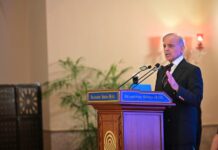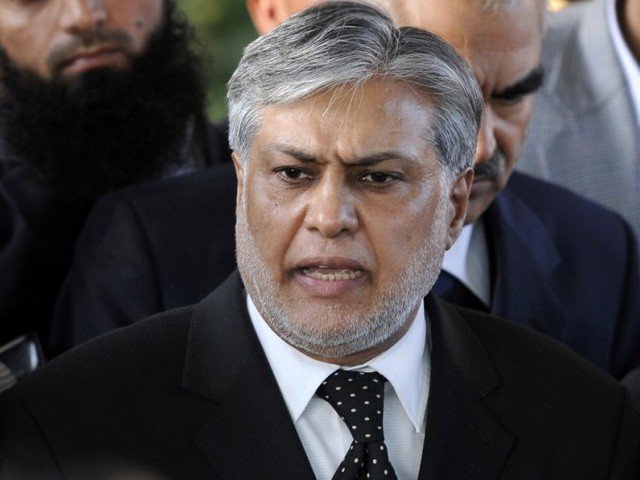The Pakistan Foreign Ministry issued a rare statement addressing remarks made by Chinese Ambassador Jiang Zaidong during the high-profile “China at 75” conference held earlier this week in Islamabad.
The Ministry’s spokesperson, Mumtaz Zahra Baloch, clarified that the ambassador’s public comments, emphasizing China’s intolerance of security lapses concerning its citizens working in Pakistan, did not align with the close and cooperative spirit traditionally marking Pakistan-China relations.
Jiang’s warning, underscoring that ongoing attacks on Chinese nationals could impact Beijing’s commitment to the Belt and Road Initiative (BRI) investments in Pakistan, was met with concern by the Pakistani side.
In her statement, Baloch acknowledged China’s concerns but emphasized that such issues are typically managed through diplomatic channels, underscoring Pakistan’s commitment to upholding both security for foreign nationals and diplomatic propriety in international engagements.
The Pakistan-China Institute, founded and chaired by Senator Mushahid Hussain, hosted a high-profile conference in Islamabad on Monday, commemorating 75 years of the People’s Republic of China and highlighting its transformative rise in global leadership.
The event, organized under the leadership of Senator Mushahid Hussain Syed, attracted notable figures, including Deputy Prime Minister Ishaq Dar, Chinese Ambassador Jiang Zaidong, and respected economist Dr. Ishrat Hussain.
Dar, as chief guest, lauded China’s rapid progress, pointing to the nation’s economic reforms, climate action, and digital innovation. He shared that during Prime Minister Shahbaz Sharif’s recent trip to Beijing, President Xi Jinping affirmed Pakistan’s unique place in China’s diplomatic priorities, even as Chinese workers face rising security threats.
“President Xi conveyed his commitment to Pakistan,” Dar noted, “stating that China would maintain its investments here, despite challenges.” This sentiment reinforced Pakistan’s support for China’s Belt and Road Initiative (BRI) and the China-Pakistan Economic Corridor (CPEC), which Dar defended against claims of it being a ‘debt trap’.
The spotlight, however, shifted unexpectedly after Dar delivered his speech and left the stage. Moments later, Ambassador Jiang returned to the microphone, politely requesting another opportunity to address the audience. With a firm tone, he reiterated that the security of Chinese nationals is non-negotiable.
“China prioritizes the safety of its citizens globally,” Jiang said, emphasizing that any threat to Chinese workers and projects in Pakistan could endanger continued investment. Jiang urged Pakistani authorities to implement stronger protective measures, stating, “We cannot proceed with our projects if security concerns remain unresolved.”
The diplomat’s direct appeal underscored the growing urgency around recent attacks on Chinese nationals and reflected China’s delicate balance in maintaining its pivotal role in Pakistan’s infrastructure and economic landscape. Jiang’s reminder to Islamabad highlighted that China’s commitment, while steadfast, hinges on tangible security assurances from Pakistan’s leadership.
Senator Mushahid Hussain praised China’s peaceful rise, describing it as an evolving journey through revolution, reform, and a commitment to international stability. He portrayed Pakistan as a crucial ally in China’s vision for an “Asian Century.”
Dr. Ishrat Hussain presented an economic perspective, crediting China’s shift to a market-oriented economy for its impressive global economic standing. He emphasized how China’s single-party governance model has enabled swift decision-making, empowering the country to tackle challenges head-on.
As the conference drew to a close, several speakers, including Federal Minister for Maritime Affairs Qaiser Ahmed Sheikh and Director General of the Ministry of Foreign Affairs Mumtaz Zahra Baloch, echoed the call for deepened collaboration in trade, technology, and education.
The day concluded with candid reflections on Pakistan-China relations and the future of shared economic goals. Attendees voiced optimism but recognized the critical need for a solid security framework that could reassure Chinese investors and workers. In a rare moment of diplomatic candor, Pakistan’s Deputy Prime Minister found himself facing direct calls from China for stronger, actionable security measures – a pressing matter as the nations move forward in their historic partnership.























